Joint Health: Understanding the role of Supplements for pain Relief and mobility

Do you suffer from aching, itching, or some difficulty in your joints? Try the best joint pain supplements in India. Such supplements ease up the difficulty and help you walk or run as free as you are. I have mentioned in my article which are the best joint pain supplements, and you can easily choose yours based on the benefits those supplements bring.
Joint pain will gradually reduce comfort and flexibility over time, based on the damage or inflammation that may degenerate cartilage, hence causing stiffness and discomfort. A healthy diet, regular exercise, and joint support supplements promote the health of joints and ensure function with minimal discomfort.
Overview of joint health
A joint refers to the point that is the juncture of two bones at the end where they meet to allow movement. Except for the hyoid bone in the neck, all of the body's bones articulate with at least one other bone at a joint. Each type of joint has a different form to suit the function it is to serve. A joint is also called an articulation.
Physical activity is necessary for the maintenance of healthy joints. All joints are different and have varying blood flow and nerve patterns; therefore, some joint support supplements have been designed to address specific issues, including the reduction of inflammation and the strengthening of ligaments and muscles. Enhancing mobility can easily enhance your overall joint function.
Common joint issues and their impact
Here are the common joint issues and their impact on daily life:
1. In osteoarthritis, there is degeneration of cartilage in joints especially that bear their body weight, such as knee and hip, leading to chronic pain, stiffness, and a loss of range of motion.
2. Rheumatoid Arthritis: In this disease of the autoimmune type, inflammation, swelling, and deformity start to develop in them where the long term ability of the joint is disabled, and the daily activities are significantly affected.
3. Gout: A style of arthritis; classically presents in the joint at the bottom of the big toe but can have other involved joints.
4. Bursitis: Inflammation of the tissue surrounding a joint or bone. Fluid accumulation is the cause. Pain, itchiness, and difficulty in moving the affected joint can occur. Overuse can bring on this disorder, as can physical trauma.
5. This is an inflammation of the tendons-mostly caused by overuse-therefore, mostly in the shoulders, elbows, and knees, causing symptoms like joint pains, swelling, and restricted movement.
The number of times we engage ourselves in various daily activities that impact our joints underscores the importance of the state of our joints in ensuring that we are agile enough to continue with active lifestyles.
Key supplements of joint health
Typical ingredients included in joint health tablets products include glucosamine, chondroitin, collagen, among others as these aid to curative functionality of cartilages, reduce inflammation.
1. It preserves the cartilage skeletal structure and reduces joint stiffness and pains experienced as a result of arthritis.
2. Also, chondroitin, when used in conjunction with glucosamine supplementation, offers further assistance in relieving inflammation and reconstituting cartilage.
3. Omega-3 Fatty Acids: These are present in fish oil, improve the general lubrication, and encourage flow and reduce inflammation in the joints.
4. There is no proof to show that, in reality, collagen is involved in the healing of cartilage and provides a structural element within the joint.
5. It has been discovered that among the medicinal herbal plants, turmeric or curcumin is the only herb whose potential joint-destroying effects have been proven to be neutralized.
6. MSM is a smaller name for methylsulfonylmethane that is an intermediate form of medical drug prescribed to cure one's osteoarthritis.
Now, what are you thinking after learning about these wonderful joint pain supplements? Just look at their marvelous benefits-they are absolutely great and have no side effects! They preserve cartilage structure, reduce stiffness and pain from arthritis.
Benefits for Joint Health Supplements
1. It maintains cartilage and reduces stiffness with the symptom of pain in the joints.
2. It helps the cartilages to repair and reduce the inflammation caused by the formation of the joints.
3. It holds cartilage in place and makes joint stiffness and pain less complicated.
4. It improves recovery in cartilage while reducing inflammation within the joint.
There is increasing usage of collagen as a nutritional supplement in the non-pharmacological treatments of osteoarthritis patients due to its presumptive medicinal and safeguarding benefits, The causes of their poor efficiency are still unknown, though. It is thought that elements including the patient's general symptoms of inflammation and gut microbiome are crucial.
Nutrition for Bone and Joint Health:
- Ginger has some chemicals that inhibit inflammatory reactions, which in turn combats the ache in the body as well as restores movement.
- Curcumin, that super potent anti-inflammatory, to be derived from a spice from the turmeric plant, can eliminate the swelling and the pain in the joints, especially for those suffering from arthritis.
- Green tea: Rich in antioxidants, primarily polyphenols, that reduce inflammation and help the protection of joint health.
You might be surprised to learn that these items are my favorites for a reason—they're really amazing! Not only can they reduce joint pain, but they also heal colds and coughs and encourage youthful looking skin. The antioxidants in green tea maintain joint health, turmeric's curcumin decreases fluid and discomfort, and ginger decreases irritation and improves movement. These natural remedies have many uses and are quite effective!
Nutrition for joint health
Nutritional joint health is designed to supply the body with the necessary nutrients that ensure maintenance of cartilage, bones, and reduced inflammation. Among these are:
- High in omega-3 fatty acids, which have been shown in studies to reduce irritation throughout the body, particularly in the joints, are fish, walnuts, and flaxseeds.
- For new bones to undergo development and for joints that stay healthy overall, calcium is required. Milk, greens, and fortified foods are the sources of this particular element.
- Vitamin D: Good sources include the sun, fish, and meals fortified with D. It helps your body properly absorb calcium so your bones and joints can grow and stay strong.
- This includes vitamins and collagen, which in bone broth accelerates the cartilage and the elasticity of joints.
- Good amounts of antioxidants from berries, citrus fruits, and leafy vegetables protect the joints from oxidative stress and inflammation: namely, Vitamins C and E.
According to [1] [2] [3] Research, specialized sensory neurons in bones and joints called nociceptors are activated by tissue-damaging events like a twisted joint or impact. In order to deter hazardous behavior and to stop further tissue damage, these neurons send out painful sensations.
Anti inflammatory foods to include in your diet
In India, the most beneficial food to enhance joint health is anti-inflammatory foods. Positively phrased, you should add these following:
- Many fruits and vegetables, including leafy greens, berries, avocados, nuts, and beans, could be a part of this. The products of green tea, ginger, cloves of garlic the ingredient turmeric, and olive oil make up the next largest category.
- Including all these items as part of your daily diet, you would be doing yourself a great favor by reducing the chances for pain-causing unpleasantness from the inflammation and also improving your joint health.
Exercise for joint health
A joint is a place where two or more bones are joined by soft tissue. It has three main functions: to join bones together, to support weight, and to allow the body to move. So, how can you improve joint health?
Follow these steps for improvement:
- Keep moving and avoid sitting in the same position for too long. Get up from sitting or watching TV to encourage joint health.
- Building stronger bones and muscles: Use weights twice or three times a week to make your bones and muscles stronger, which will serve better as a protection for your joints.
- Flexibility: Continued stretching increases your joint range of motion and overcomes problems with the daily movement and increases your overall joint health.
- Quality of Life: Exercise and flexibility work not only benefit for the health of your joints but also overall quality of life.
- Sleep: Sleep enough to regain your body, stimulate tissue growth, and repair your muscles. In the case of both adults and children, it is advisable to sleep for approximately 7-9 hours each night.
Follow these steps, and you won't have to bother with joint pains or stiffness—no creams or tablets needed! Regular movement, strength training, and stretching will improve joint health and flexibility. And with sufficient rest, your body will heal and grow stronger, thus ensuring a quality life. You will save a lot of money since you will no longer be spending it on expensive treatments!
Safe exercises for joint pain management:
- Walking: Low-impact exercise to keep the movement going in the joints and the heart without overstressing them.
- Swimming and water aerobics: In these exercises, the body is buoyed by water and the load on the joint surfaces decreases, it reduces the overstretched joints and provides resistance to the movements.
- Cycling: It is a low impact exercise both indoor and outdoor, but the significant benefit it offers the enhancement of joint mobility while exercising the leg muscles.
- Stretching gently and doing some yoga can help relieve the joint ache by giving one an opportunity for better flexibility, range of motion, balance, less stiffness, and relaxation.
These are simple exercises, and even though some people cannot swim or bike, walking or running will keep your joints stretched lightly and healthy. Adding some simple yoga to your lifestyle increases flexibility, range of motion, balance, and relaxation but lessens stiffness and joint aches. So, choose what you need, and stay active for better joint health!
Who should take joint supplements?
Consider joint support supplements for your joints if you suffer from chronic pain, stiffness, or reduced mobility and still cannot perform daily tasks. Take joint health tablets if you are unable to get essential nutritional intake in your diet, such as omega-3 fatty acids, calcium, or vitamins D and C. First of all, any individual contemplating supplements should consider consulting a doctor first before taking a new supplement.
Signs that indicate the need for joint support supplements
- Chronic joint pains, stiffness, and swelling around the joints.
- Reduced mobility or problems with daily activities.
- It is characterized by a high frequency of injuries; poor diet, lacking essential nutrients for joint health.
- Family history of joint problems that means that the child requires proactive support.
Potential Risks and Interactions
- In the case of joint pain supplements, people need to know the potential risks and interactions. For example, glucosamine and chondroitin may cause side effects of gastrointestinal disorders or allergic reactions in a few persons.
- In addition, these supplements react to medications-they interact with blood-thinning drugs that raise the possibility of bleeding or interfere with blood sugar.
Overconsumption of certain supplements might culminate in toxicity or interfere with the functioning of the liver and the kidney.
Joint supplements side effects
One may interact with other drugs or substances that could affect the efficacy or the probability of side effects.
- Ask Healthcare Providers: Tell your healthcare provider about all your plans to take joint support supplements for surety about their safety and acceptability under your medical conditions.
- Report Side Effects: Note any symptoms or new side effects arising after supplement intake, and report them to your healthcare provider.
- Quality of supplements: Select joint support supplements of the highest quality from a reputable source to minimize exposure to potential contaminants.
Thus, adoption of a new supplement regimen to be done under the guidance of a health care provider to prevent harmful interactions with previous health conditions or medications.
CONCLUSION:
In India, the long journey to healthy joints is amply supported by supplementary strategies that help pain alleviation and mobility enhancement. Supplements like glucosamine, chondroitin, and collagen, and protecting joints but also conducive ally when paired with a life of exercise, balanced diet, and proper nutrition. Consulting with health providers would be made possible for the clients based on the correct supplement decisions to meet specific needs in their pursuit of holistic joint care. Embracing these strategies allows one to have improved joint function with a more effective quality of life, where they can be very active and participate in activities that they engage in actively.
FAQ’S
1. How effective is Collagen in treating joint pain?Effective in the treatment of joint pain, Collagen causes a reduction in pain and improved function in osteoarthritis patients. In fact, continued supplementation may even help to maintain healthy cartilage and mobility.
2. What advantages do glucosamine and chondroitin provide to the normal joint?
Patients with osteoarthritis may obtain what they require from taking glucosamine and chondroitin supplements and avoid part of the pain and inflammation from the disease.
3. Do lifestyle factors enhance mobility and reduce pain?
Lifestyle interventions such as diet and regular exercises may be helpful in terms of improving mobility to remove the pain associated with this condition. Exercising the different modalities, aiming for improved flexibility and strength, also helps improve joint health and function in general.
No comments







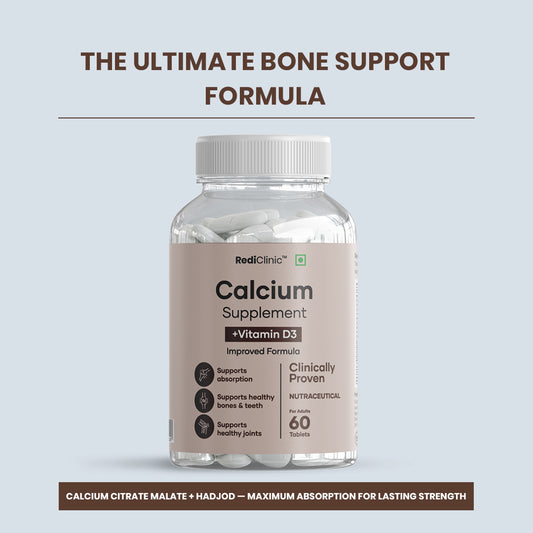
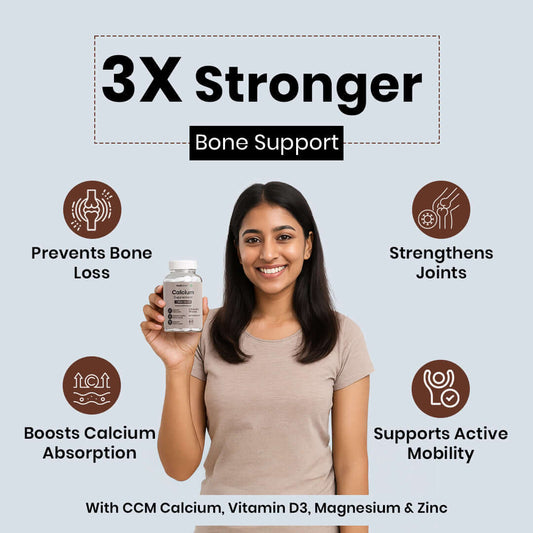
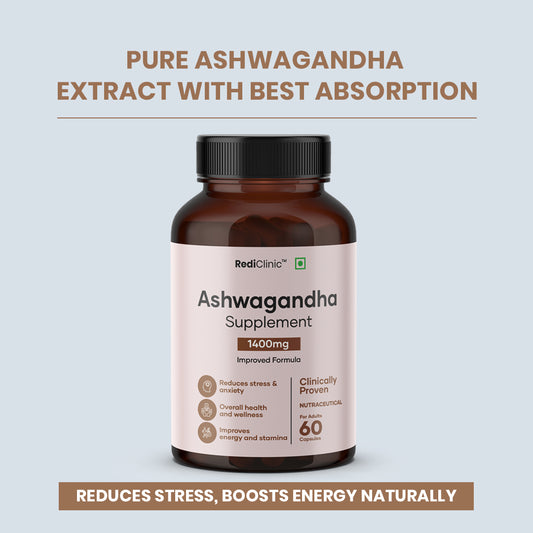
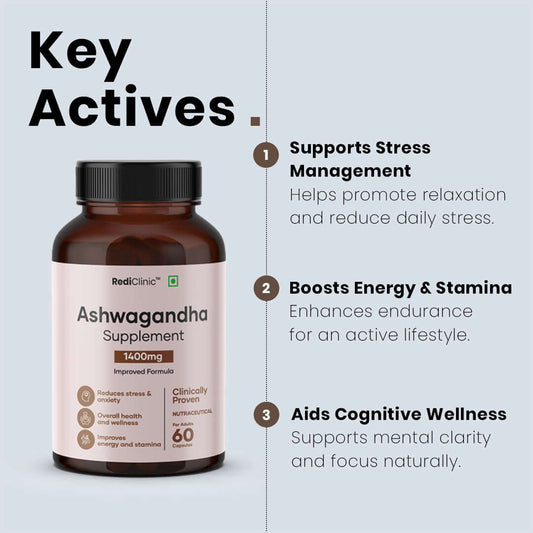
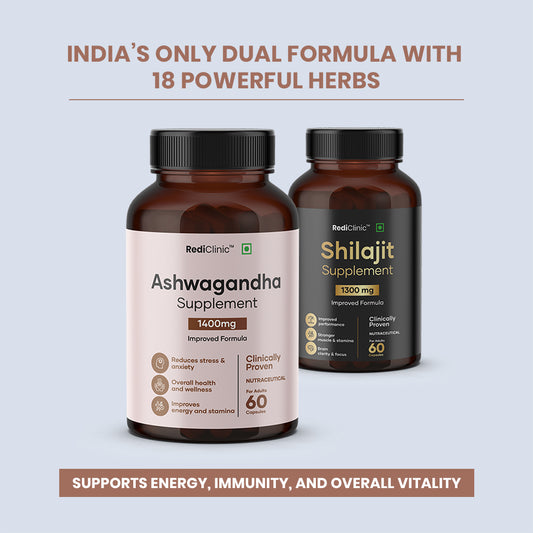
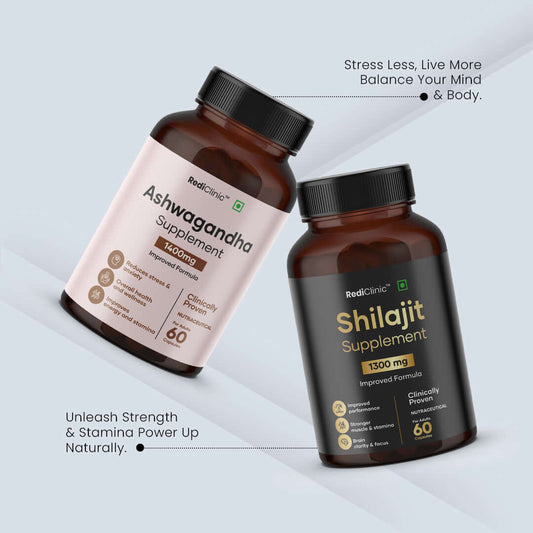
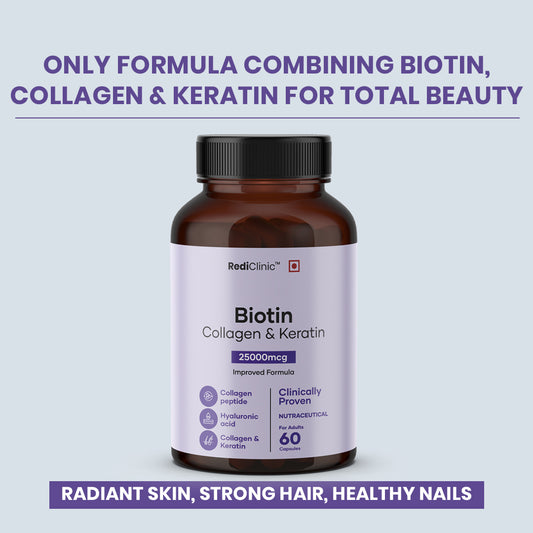
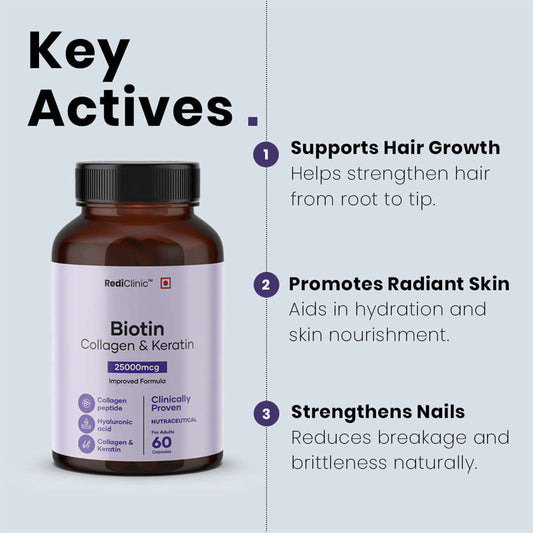
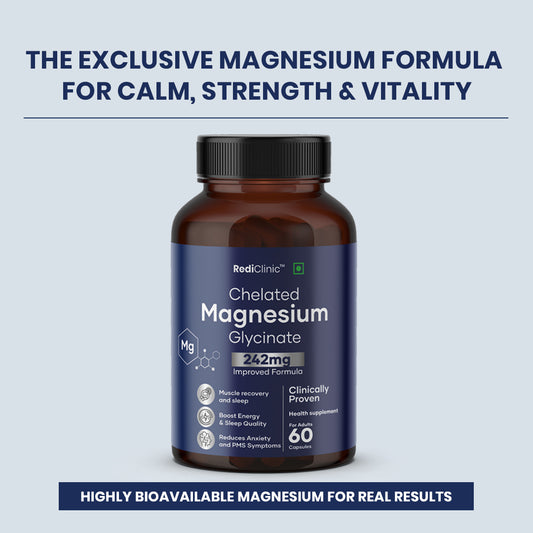
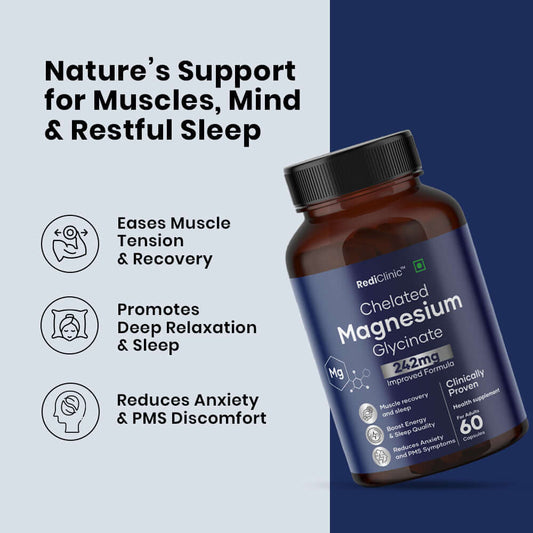

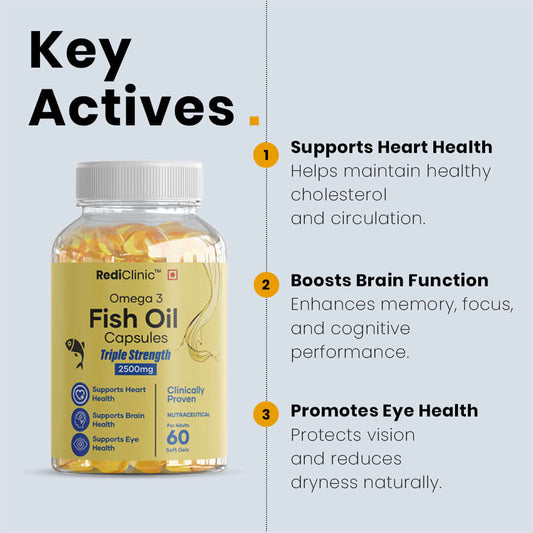
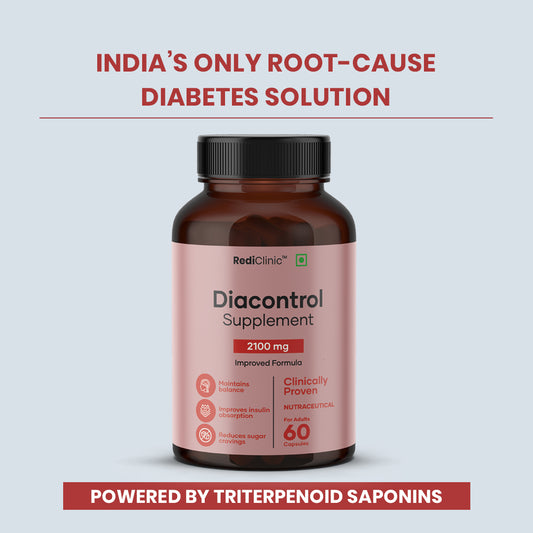
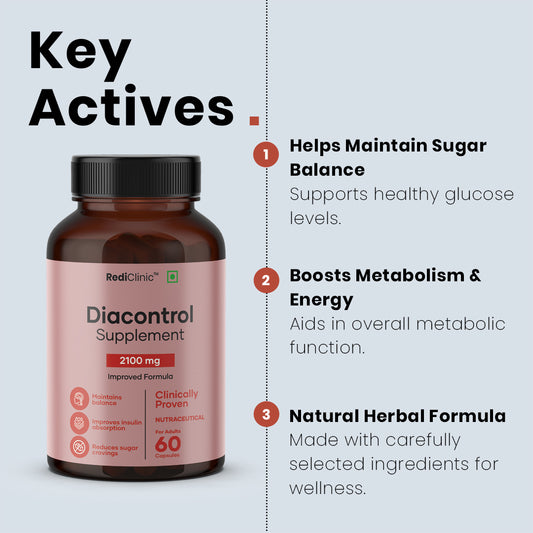




0 comments